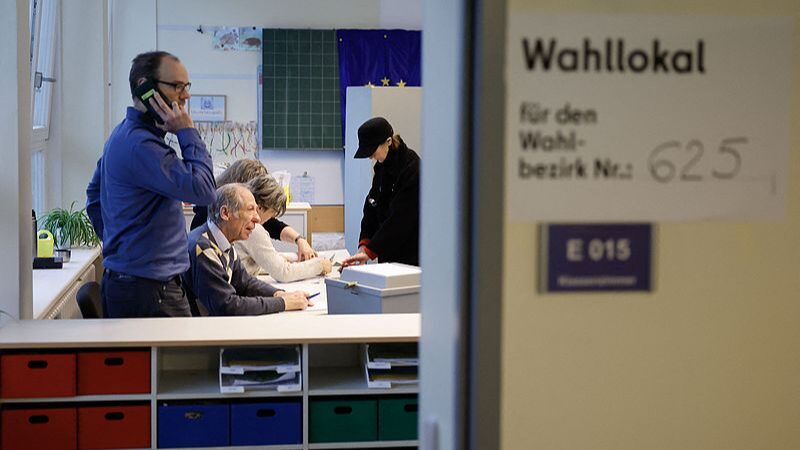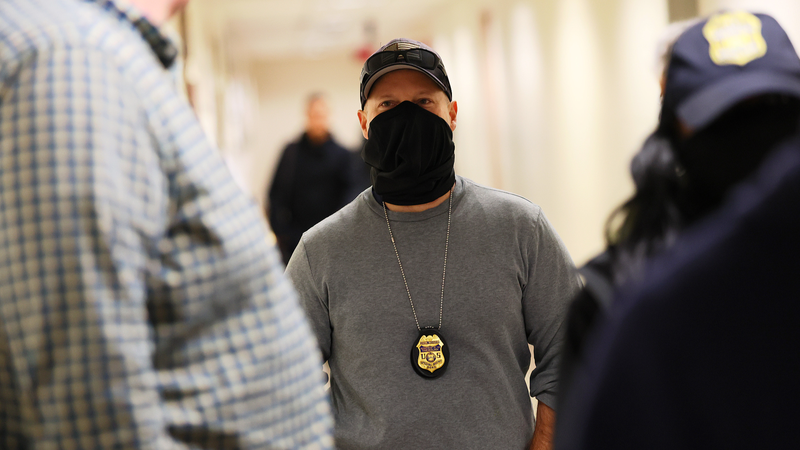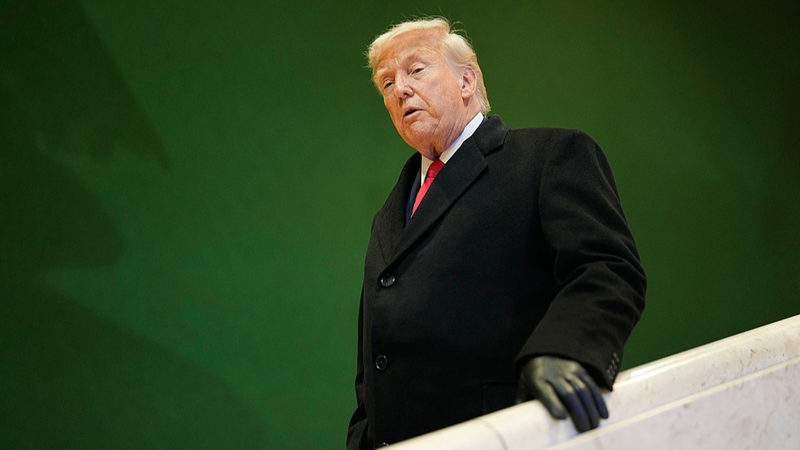🇩🇪✨ Germany is buzzing as voters head to the polls in a high-stakes snap election to determine the next Bundestag!
Scheduled for September, this unexpected election was triggered after the collapse of the ruling coalition between the Social Democratic Party (SPD), the Greens, and the Free Democratic Party last year. Now, all eyes are on the latest polls.
According to a recent survey by the Forsa Institute, the sister parties of the Christian Democratic Union (CDU) and Christian Social Union (CSU) are currently leading with 29% support. Close behind is the far-right Alternative for Germany (AfD) at 21%, and Chancellor Olaf Scholz's SPD at 15%.
With 630 seats up for grabs in the Bundestag, forming a stable federal government requires a majority. The Forsa survey also revealed that 22% of voters are still undecided, adding to the election's suspense.
Polling stations kicked off at 08:00 local time and will close at 18:00, after which ballot counting begins and exit polls will be released. A whopping 4,506 candidates are vying for 299 constituencies, with over 59.2 million eligible voters in play.
🔥 High-Stakes Drama
Expectations are high as Friedrich Merz's conservatives are poised to gain power, while the AfD looks to secure its best result yet in Europe's economic powerhouse. However, Germany's fragmented political landscape makes it unlikely for CDU/CSU to win a majority on their own, leading to potential coalition negotiations.
These talks are expected to be tough, especially after a campaign that highlighted sharp divisions over migration and the role of the AfD. Given Germany's history, far-right politics carry a significant stigma, making coalition talks even more challenging.
If a stable government isn't formed quickly, Chancellor Scholz might remain in a caretaker role for months, delaying crucial policies needed to revive Germany's economy after two challenging years of contraction.
Germany's leadership vacuum could have broader implications for Europe, especially as the region navigates challenges like trade tensions with the U.S. and efforts to broker peace in Ukraine.
Economic concerns are at the forefront for many Germans, with living standards more pessimistic than since the 2008 financial crisis. Migration remains a hot topic, marking a significant shift from the "Refugees Welcome" sentiment during the 2015 migrant crisis.
Stay tuned as Germany heads to the polls and the political drama unfolds! 🗳️🇩🇪
Reference(s):
cgtn.com




